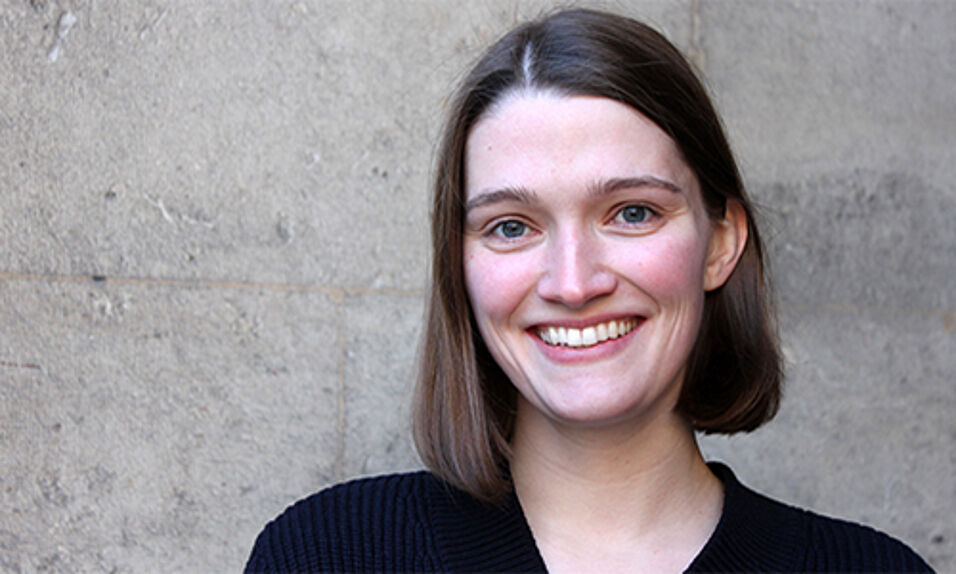Article by Adriana Sofia Palloks (✉ adriana.palloks@univie.ac.at)
Aside from causing an international health crisis, the COVID-19 pandemic also triggered a news crisis. Back in February 2020, Tedros Adhanom, head of the World Health Organization (WHO), first called it an "infodemic". He was thereby referring to the great amount of misinformation circulating about the virus on social media, some of which gained a lot of attention. With more than a third of the U.S. American population reporting using Facebook as a news source, the research team consisting of Isabelle Freiling (University of Vienna), Nicole Krause, Dietram Scheufele and Dominique Brossard (University of Wisconsin-Madison) examined the role of partisanship (Republican, Democrats, Independents), ideological extremity, ideological source congruency (with Fox News or MNSBC), and anxiety for believing and sharing misinformation, fact-checked information, and accurate information about the COVID-19 pandemic on social media.
The experimental design involved 719 U.S. citizens. Half of them were asked to describe a situation in which they were anxious, while the other half described a situation in which they were relaxed. Participants were then shown six Facebook news posts in random order from either Fox News or MSNBC. Two of those posts contained misinformation, two contained fact-checks, and two contained accurate information. For each example, participants reported their belief in the claim and their willingness to share the post.
The study showed that fear is a "driving factor in belief in and willingness to share claims of any type": the more anxious individuals feel, the more likely they are to believe information about COVID-19 and the higher their willingness to share it on social media. This association applies to misinformation, fact-checks and accurate information about the pandemic alike.
Source congruency was measured by whether participants' ideological orientation is in line with the orientation of news source. This is the case for conservative individuals receiving posts from Fox News and for liberal-leaning individuals if they were in the group that received MSNBC posts. The source is incongruent with the ideology of the persons when liberal-minded persons were in the Fox News group as well as for conservative persons who got posts from MSNBC. The hypothesis that individuals are more likely to believe information and claims published by congruent news sources was only confirmed for fact-checks. Here, participants were more inclined to believe fact-checks from a congruent source than those from an incongruent source. Overall, however, the willingness to share information about the pandemic on social media cannot be explained by source congruency.
Concerning partisanship, Republicans are more likely to believe in misinformation and show a higher willingness to share it on social media than Democrats. Yet, one cannot leave out the fact that particularly anxious Republicans believe more in any kind of information (misinformation, fact-checks, accurate information) as compared to less anxious people or Democrats and Independents.
Isabelle Freiling concludes: "Our data show that highly anxious Republicans are not only more open to misinformation, but to all kinds of information: They had the highest levels of belief in and the greatest willingness to share misinformation as well as fact-checks and accurate information. This result shows how important it is that we do not focus our studies only on misinformation, but compare it with other kinds of information as well, because doing so provides valuable context."
Publication details
Freiling, I., Krause, N. M., Scheufele, D. A., & Brossard, D. (2021). Believing and sharing misinformation, fact-checks, and accurate information on social media: The role of anxiety during COVID-19. New Media & Society. Advance online publication. doi:10.1177/14614448211011451


